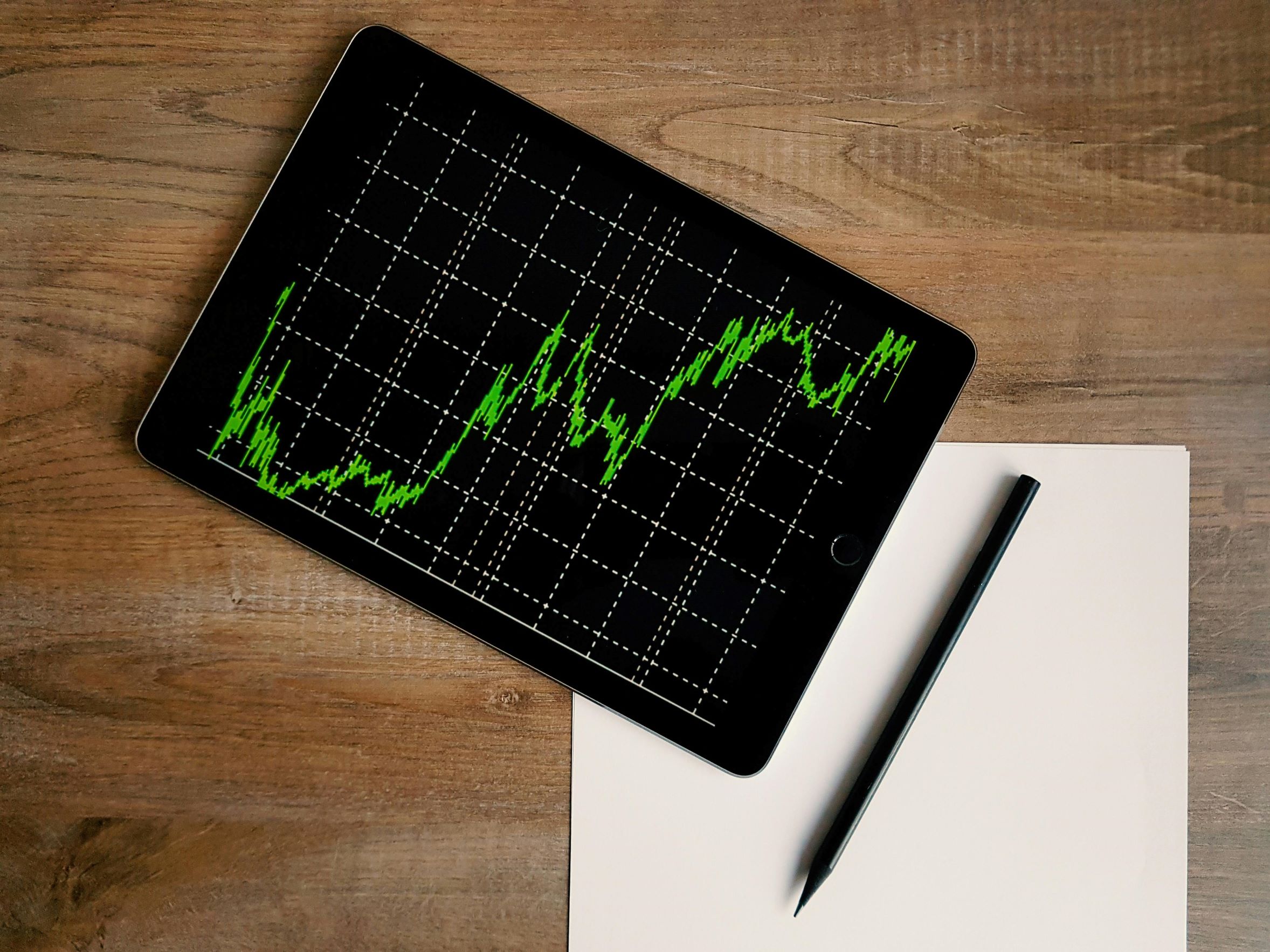Visa Stock Analysis: Is Visa a Strong Opportunity Ahead of Q4 Earnings?
$325.48
28 Jan 2026, 19:25

Pexels.com

Stock markets rebound after Donald Trump suspends most new tariffs—except on China. What’s next for global trade?
Trump Pauses Tariffs—Markets React Instantly
In a dramatic U-turn, former US President Donald Trump announced a 90-day pause on new tariffs for countries open to negotiation with the US, excluding China. The surprise move triggered a global stock market rally, with the S&P 500 soaring 9.5%—its best day since 2008—adding over $4.3 trillion in value.
The Nasdaq saw its strongest gains since 2001, and Asian markets followed suit, with Japan’s Topix rising 8% and Taiwan’s Taiex up 9.3%.
China Still in the Crosshairs
Despite the pause, Trump escalated his trade battle with China, increasing US tariffs on Chinese imports from 104% to 125%. China retaliated with additional tariffs of 84%, signalling no intention of backing down.
A 10% blanket tariff on most imports to the US also remains in place, creating ongoing uncertainty for global trade.
“Markets Got Yippy”: Trump’s Explanation
Trump framed his decision as a response to overwhelming interest in negotiations. “More than 75 countries have reached out… I have authorised a 90-day PAUSE,” he wrote on Truth Social. However, he accused China of showing “a lack of respect” by retaliating, justifying the increased tariffs.
He later told reporters, “People were getting yippy… a little bit afraid,” referring to the sharp market reactions in the days prior.
Financial Markets Breathe a Sigh of Relief
Trump’s backtrack came after days of economic turmoil, with global markets plummeting and oil prices falling to pandemic-era levels. Bond markets also stabilised, as demand surged for US Treasury bonds.
Economists viewed the move as a calculated effort to calm financial panic. “This is Trump’s capitulation to markets,” said Andy Brenner of NatAlliance Securities. “He’s saved face by keeping pressure on China.”
Recession Risk Reduced—But Not Gone
Wall Street banks had warned of looming recession and inflation spikes. Goldman Sachs had even forecast a US recession—until it reversed that prediction just two hours after Trump’s announcement.
Still, uncertainty remains. Citigroup cautioned: “The pause does not mean the US has dodged an economic slowdown. Trade uncertainty and rising prices will still drag on growth.”
What’s Next? Trade Talks Begin
Trump’s move signals the start of multiple parallel trade negotiations. US Treasury Secretary Scott Bessent and trade negotiator Jamieson Greer are set to lead talks, beginning with Japan.
However, confusion within Trump’s team sparked criticism. During a live hearing, a Democratic lawmaker asked Greer if he knew about the tariff pause. “It was under discussion,” Greer responded, as news of the announcement broke in real-time.
Conclusion: A Reprieve, Not a Resolution
Markets may have rebounded, but global trade tensions are far from resolved. Trump’s selective pause offers breathing room—but with tariffs on China ramped up and long-term trade deals yet to be secured, uncertainty remains the key risk for global economic stability.
Sources: (FT.com, ChatGPT)